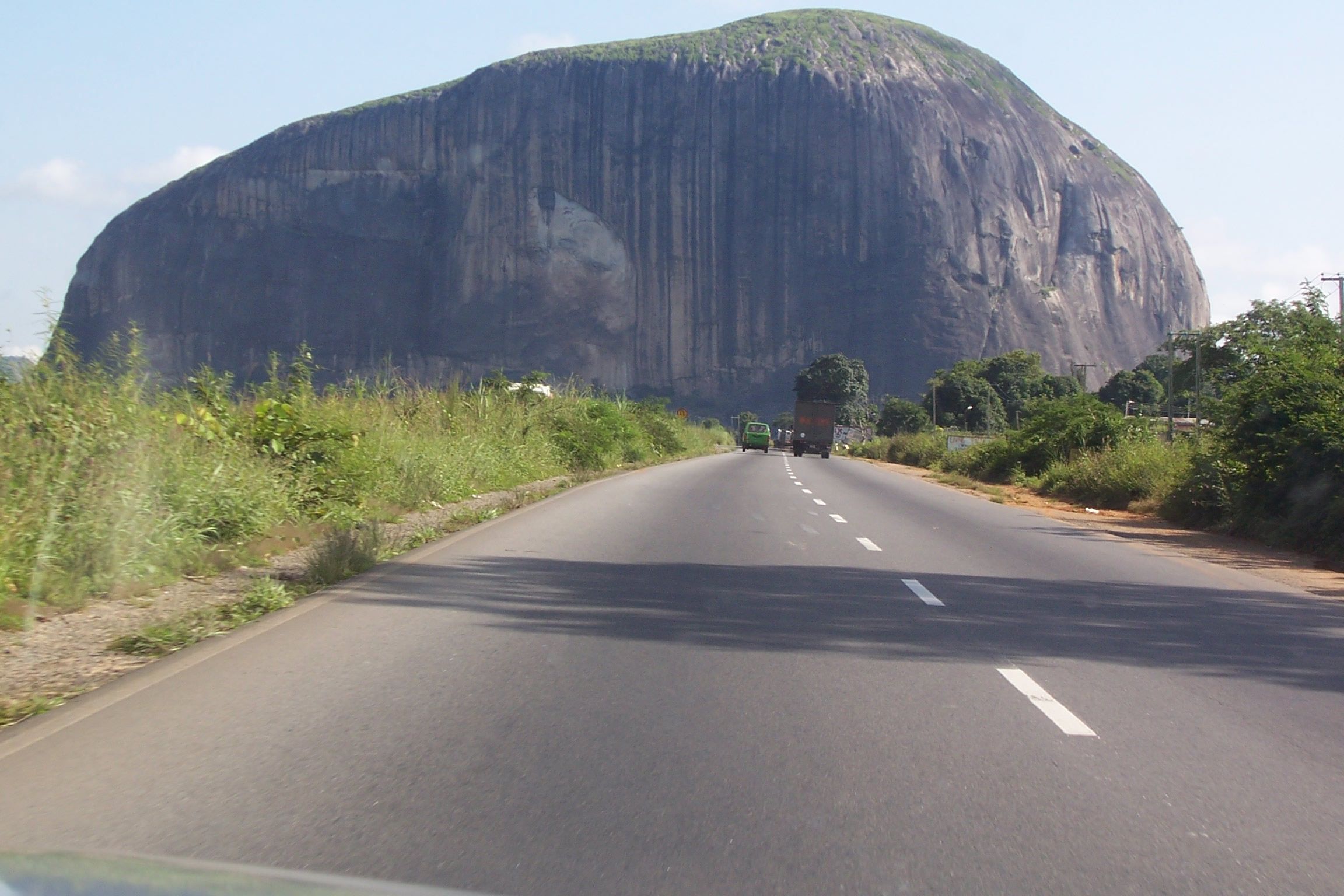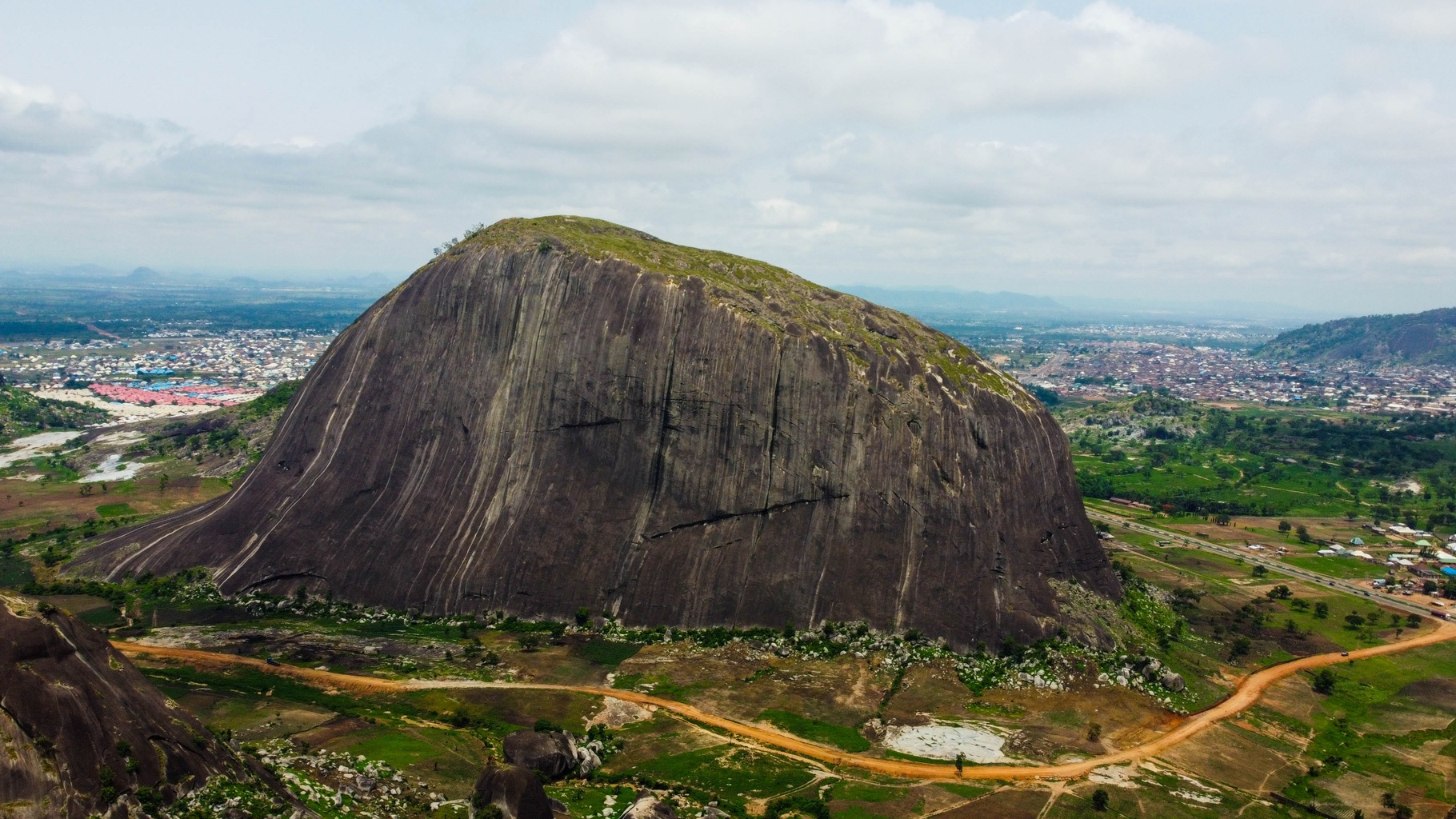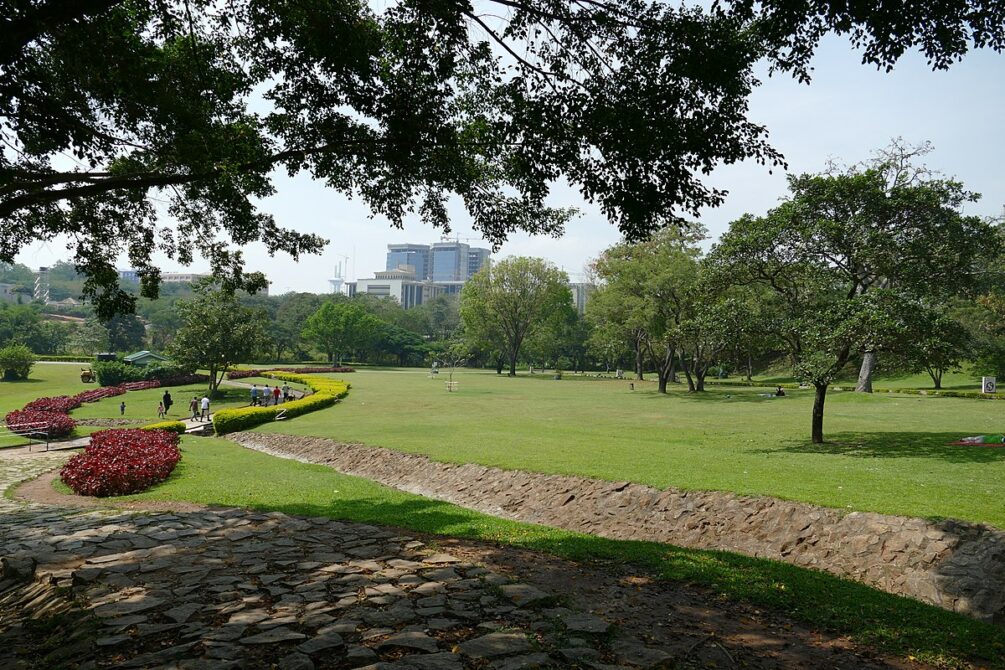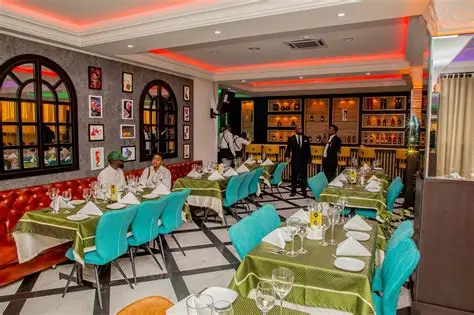Abuja is a city built on purpose. Conceived in the 1970s and officially made the capital in 1991, it was meticulously designed to be the administrative and political heart of the nation. Unlike the sprawling, organic chaos of Lagos, Abuja is a city of wide, well-maintained roads, planned green spaces, and a calm, majestic aura. Its identity is defined by towering rock formations and the quiet dignity of its official buildings. This is a city where you can breathe, where the pace is slower, and where nature and modern infrastructure coexist in harmony. It's the perfect destination for travelers seeking a more relaxed and structured Nigerian experience.
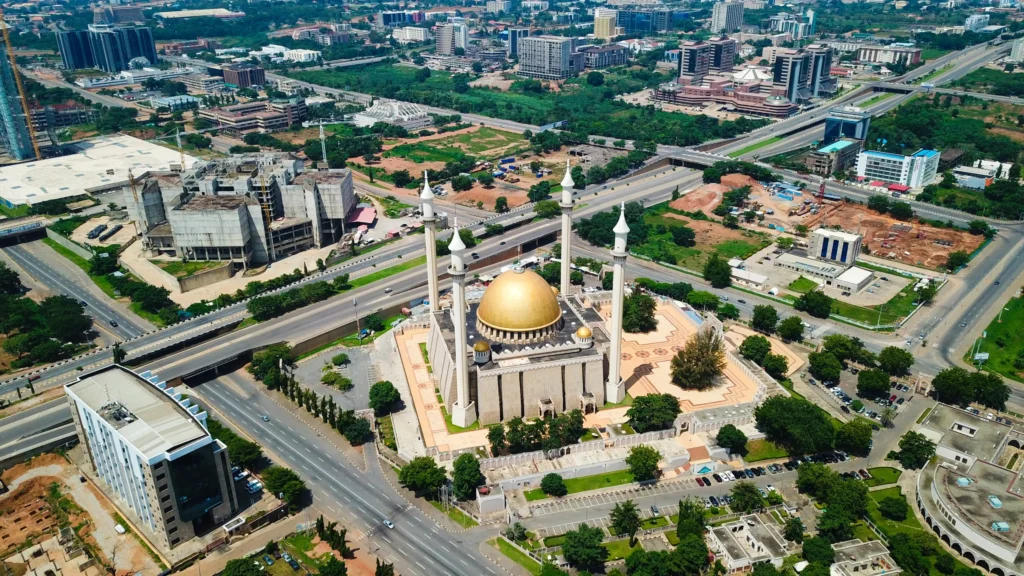
Travel Tip: Getting Around
Unlike Lagos, Abuja's roads are wide and generally less congested. Ride-sharing apps like Bolt and Uber are your best bet. The city is spread out, so a car is often necessary to get from one point to another.
